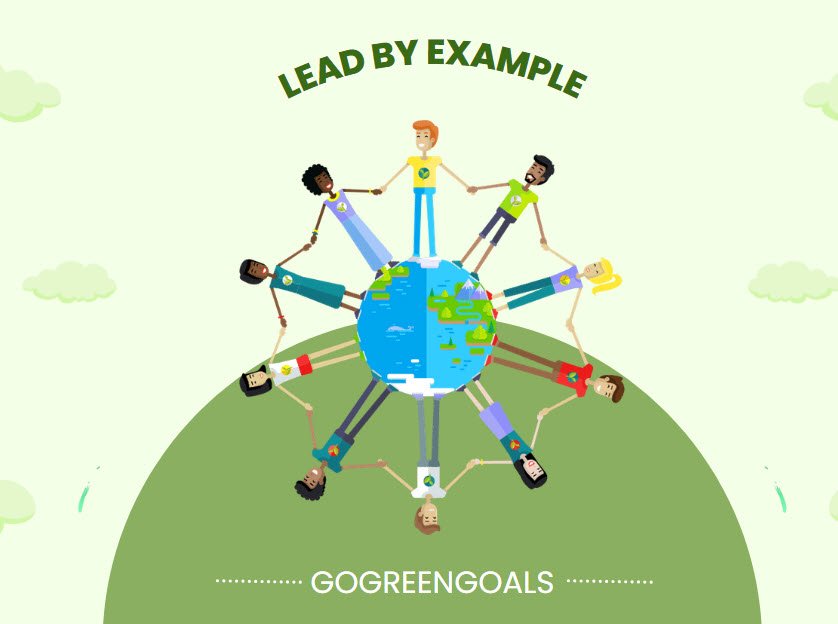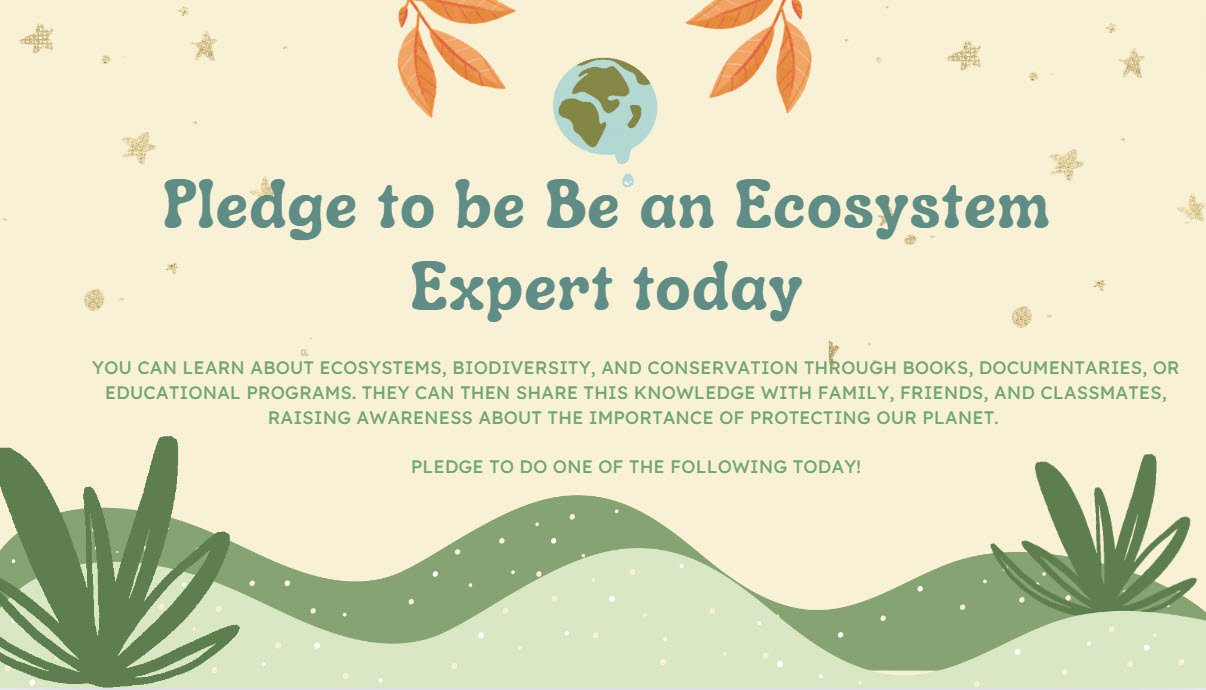
- Research and Study:
- Start by researching the basics of ecosystems, including what they are, how they function, and the different types that exist (e.g., forests, deserts, aquatic ecosystems).
- Utilize resources such as books, websites, documentaries, and educational videos to deepen your understanding. Look for reputable sources that provide accurate information about ecosystems and their components.
- Explore Local Ecosystems:
- Take field trips to explore nearby ecosystems, such as parks, forests, wetlands, or beaches. Observe the plants, animals, and environmental conditions present in each ecosystem.
- Keep a journal to record your observations, including the species you encounter, their interactions, and any changes you notice over time. Take photographs or sketches to document your experiences.
- Understand Ecological Relationships:
- Learn about the interconnectedness of living organisms within ecosystems and the relationships they form with each other and their environment. Explore concepts such as food chains, food webs, symbiosis, and nutrient cycling.
- Investigate how human activities impact ecosystems, including habitat destruction, pollution, climate change, and invasive species. Discuss the importance of conservation and sustainable practices to maintain ecosystem health.
- Engage in Hands-on Activities:
- Participate in hands-on activities that allow you to explore ecosystem concepts in a tangible way. Examples include building model ecosystems, conducting experiments, identifying species in the field, and participating in restoration projects.
- Join local environmental organizations, nature clubs, or citizen science programs that offer opportunities to get involved in ecosystem monitoring, conservation efforts, and community outreach.
- Share and Apply Your Knowledge:
- Share what you’ve learned about ecosystems with others, whether it’s through presentations, workshops, or educational materials. Use your knowledge to raise awareness about the importance of ecosystems and inspire action to protect them.
- Apply your understanding of ecosystems to everyday decisions and activities. Consider how your actions impact the environment and strive to make choices that promote conservation and sustainability.





